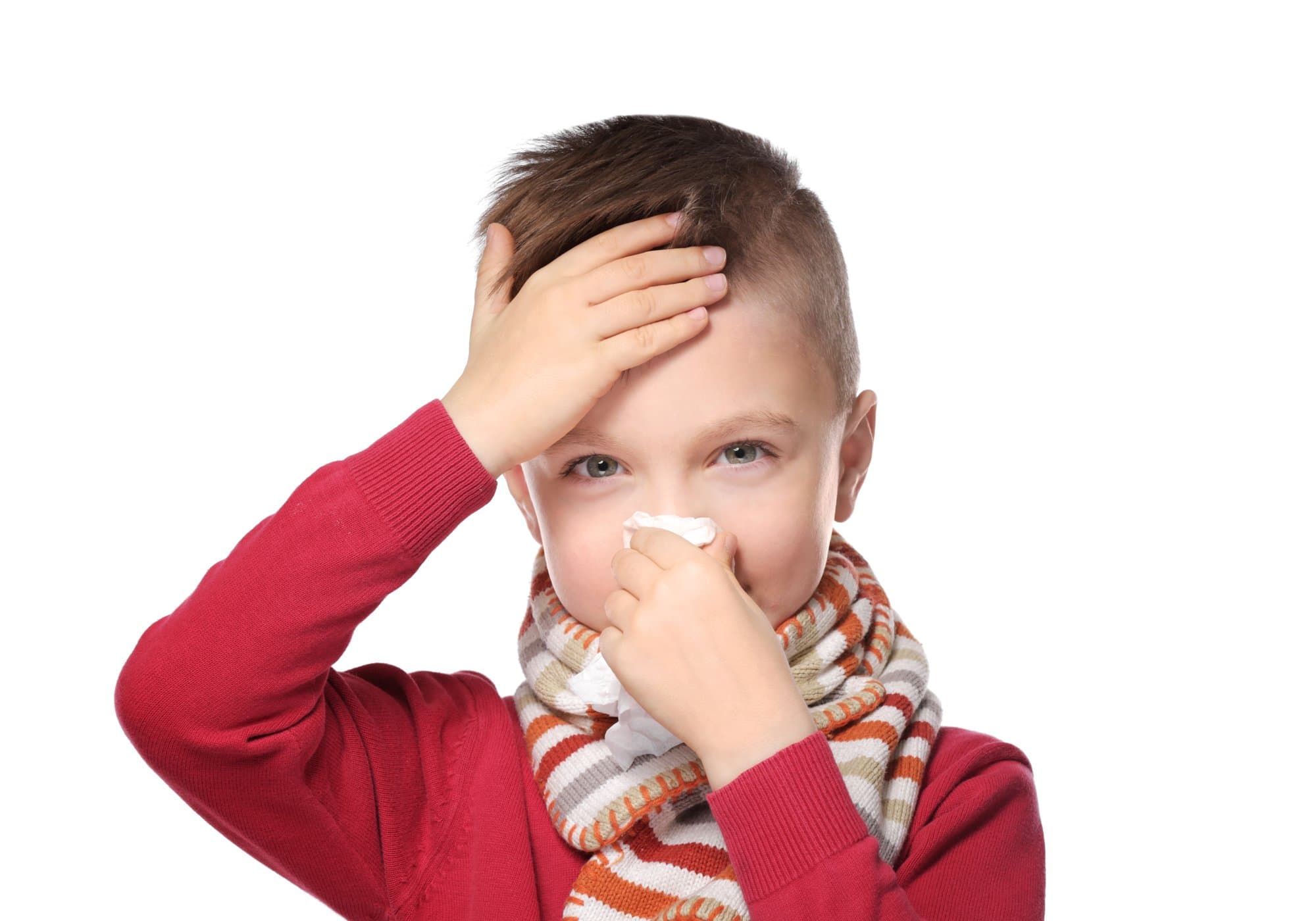
2025-03-10T14:24:39
What is Walking Pneumonia and Why are Cases Rising?
- Family Medicine
- Pulmonology
November 1, 2017 | Pulmonology
Specialties:Pulmonology (Respiratory Care)

A number of reasons could be behind the tightness or heaviness in your chest; it could be a common cold or allergies, or it could be a sign of something more serious. Here are some conditions that can cause chest congestion, and what you should do about their symptoms if they’re present.
Chest pain is one symptom of a possible heart attack, and this requires immediate medical attention. Seek emergency care if you notice any of these symptoms:
Heart failure develops when the heart doesn’t pump as strongly as it should, and this can cause a backup of fluid and blood into the lungs. Other symptoms may include:
Call your doctor right away if you notice any of these symptoms.
Pneumonia is a lung infection that can arise due to bacteria, a virus or fungus. It often begins as the flu, with symptoms like shortness of breath, fever, chills and coughing up yellow-green or bloody phlegm. If any of these symptoms are present, or if you think you might have pneumonia, see your doctor.
The cold is accompanied by sneezing, coughing and stuffiness that most people are used to, but it can also make the lungs congested. It can cause the airways to become inflamed and produce extra mucus, some of which might be coughed up. In cases of the common cold, get plenty of rest and drink lots of fluids to help thin the mucus present in the lungs.
Also sometimes called emphysema or chronic bronchitis, COPD is often caused by smoking and can make you short of breath. It causes inflammation and thickening of the airways, which causes less oxygen to enter and less carbon dioxide to leave. Your doctor can provide medication, or you may need to use an oxygen tank if symptoms get worse.
Lung cancer, also often caused by smoking, can include these symptoms:
Asthma causes the airways to be swollen and sensitive to allergy triggers like pollen, air pollutants or chemicals. It tends to run in families and is often characterized by chest tightness or a wheezing sound when breathing. You might also have a cough at night or become short of breath. There are asthma medications available for relief.
Allergies can cause a congested chest, watery eyes and wheezing after exposure to an allergen, such as pollen, dust or pet dander. Antihistamine drugs or decongestants help in many cases, and allergy shots can also be valuable.
If you have lung or chest congestion and are unsure of the cause, speak to your doctor.
Revere Health Imaging offers the most advanced imaging technology in Utah Valley with convenient locations and reduced-cost exams. We even offer our imaging services at night for your convenience. Contact us today at 801-812-4624 for an appointment!
Sources:
“Why Are My Lungs Congested?” WebMD. http://www.webmd.com/heart-disease/heart-failure/why-are-my-lungs-congested#1
“What Are the Causes of Chest Congestion?” Livestrong. http://www.livestrong.com/article/252587-what-are-the-causes-of-chest-congestion/
WRITTEN BY:
The Live Better Team

2025-03-10T14:24:39

2024-11-06T09:40:56

2024-02-02T13:24:38

2021-11-29T16:31:04
This information is not intended to replace the advice of a medical professional. You should always consult your doctor before making decisions about your health.